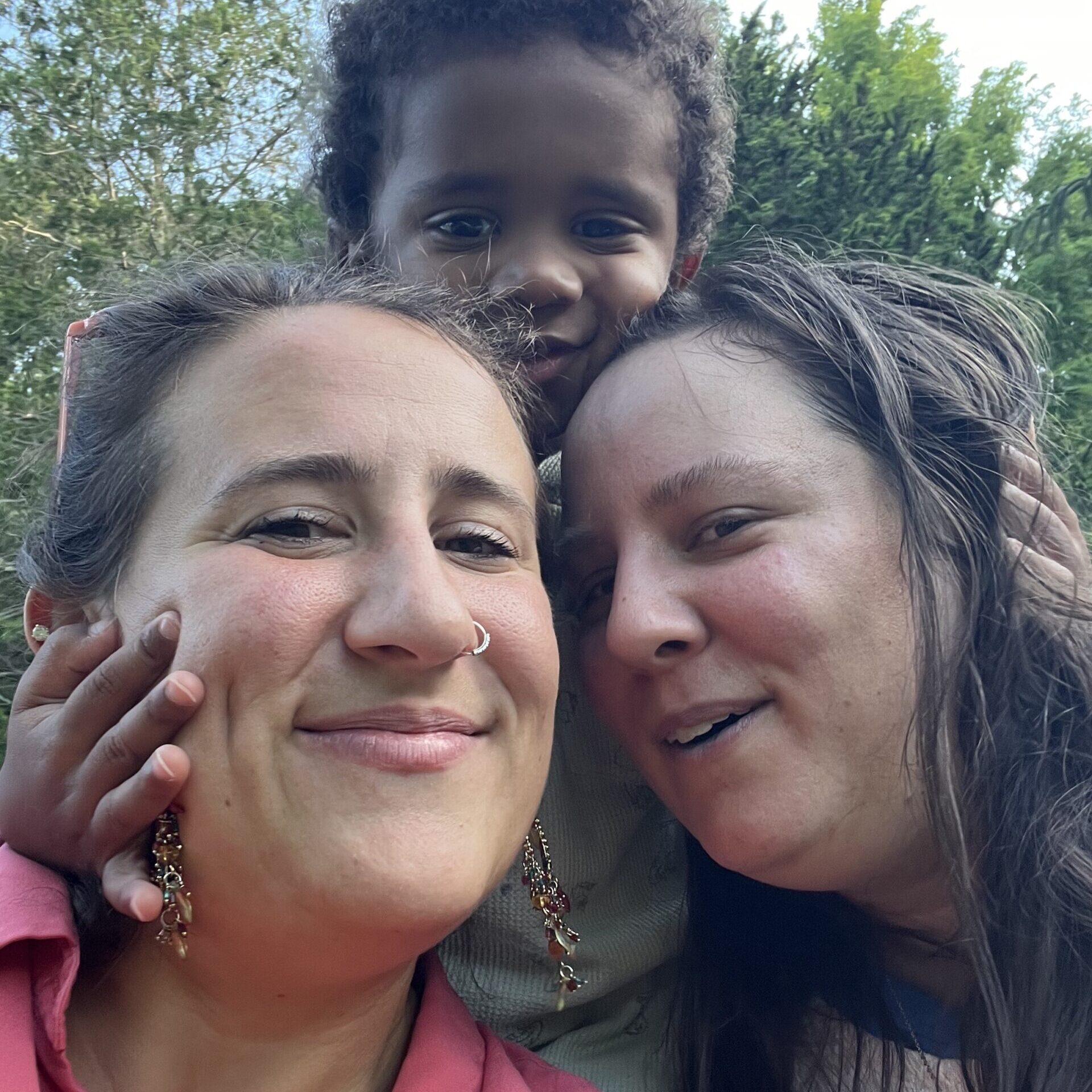
Every member of Congress should reconsider this bill. It is fiscally irresponsible and morally reprehensible. It will increase our national debt while stripping health care from millions.
Rachel Peace, a 32-year-old small business owner and her 36-year-old sister Brittany, both born and raised at the Jersey Shore, rely on Medicaid to meet their health care needs. Rachel and her four-year-old son are enrolled in New Jersey FamilyCare, while Brittany receives coverage through Medicaid, Medicare, and Social Security Disability.
Brittany faces serious mental health challenges. Diagnosed with bipolar disorder at age 12 and later with schizoaffective disorder, Brittany has experienced numerous hospitalizations throughout her life. “She’s been hospitalized more times than I can count,” Rachel said. “Those visits don’t just last for a few days. They’re often weeks or even months at a time.”
Medicaid and Medicare have covered the majority of those hospital stays. In addition, when Brittany is discharged and able to return home, she receives critical follow-up care. “She has services where people come to her home and help administer her antipsychotic medications, ensure that she has the proper dosages, and help her with other things like quality of life and integration with community programs,” Rachel said.
One treatment in particular proved life changing. During the COVID-19 pandemic, Brittany’s condition deteriorated significantly, leading to a suicide attempt and another lengthy hospital stay. While inpatient and later in outpatient care, she received electroconvulsive therapy (ECT), which Medicaid and Medicare covered. “It effectively reset her brain,” Rachel explained. “She experienced some memory loss, but it enabled her to exit the psychotic state she had been in. She has now been out of the hospital for over two years—the longest stretch in over a decade.”
Brittany has attempted employment over the years but has never been able to sustain it without triggering a manic or psychotic episode. “She is not what you would consider able-bodied,” Rachel said. “Any major transition—whether college or a low-stress job—has historically triggered hospitalization.”
Without Medicaid and Medicare, Rachel said, Brittany could not afford the care that makes her stability possible. “She would not be able to pay for any of the services that are vital to her quality of living and continued existence in our family and her community.”
She also pointed to the broader economic implications of cuts to the program. “Health care is the number one industry in Ocean and Monmouth counties,” she said. “These cuts will hurt not just recipients but health care workers and the general population, who will see higher copays and premiums as hospitals absorb more uncompensated care.”
Rachel also shared her own experience with being uninsured. After fleeing an abusive relationship and returning to New Jersey with her toddler, she went without health care for several months while trying to secure stable housing. “I was very sick and had a terrible cough, but I couldn’t get access to something as simple as an inhaler,” she said. A visit to urgent care led to months of collection notices sent to her sister’s house, where she had temporarily listed her address. “The amount of duress that people who are uninsured experience is not something anyone should have to go through,” she said.
Brittany has faced immense hardship, yet she bravely spoke at a county commissioner meeting and, for the first time publicly, shared that she had attempted suicide. “She wanted Congressman Chris Smith to know that cutting Medicaid and Medicare would be an egregious betrayal of the 1.8 million people in New Jersey who rely on Medicaid and the 1.7 million who rely on Medicare,” Rachel said.
Rachel called on Congress to reject proposed cuts and instead focus on expanding Medicaid. “We need to ensure that the forgotten middle class—who may make too much to qualify but not enough to afford private insurance—can get reliable, affordable health care,” she said. “Every member of Congress should reconsider this bill. It is fiscally irresponsible and morally reprehensible. It will increase our national debt while stripping health care from millions.”
Add your voice to help us continue to push for the best health and health care for all.
SHARE YOUR STORY